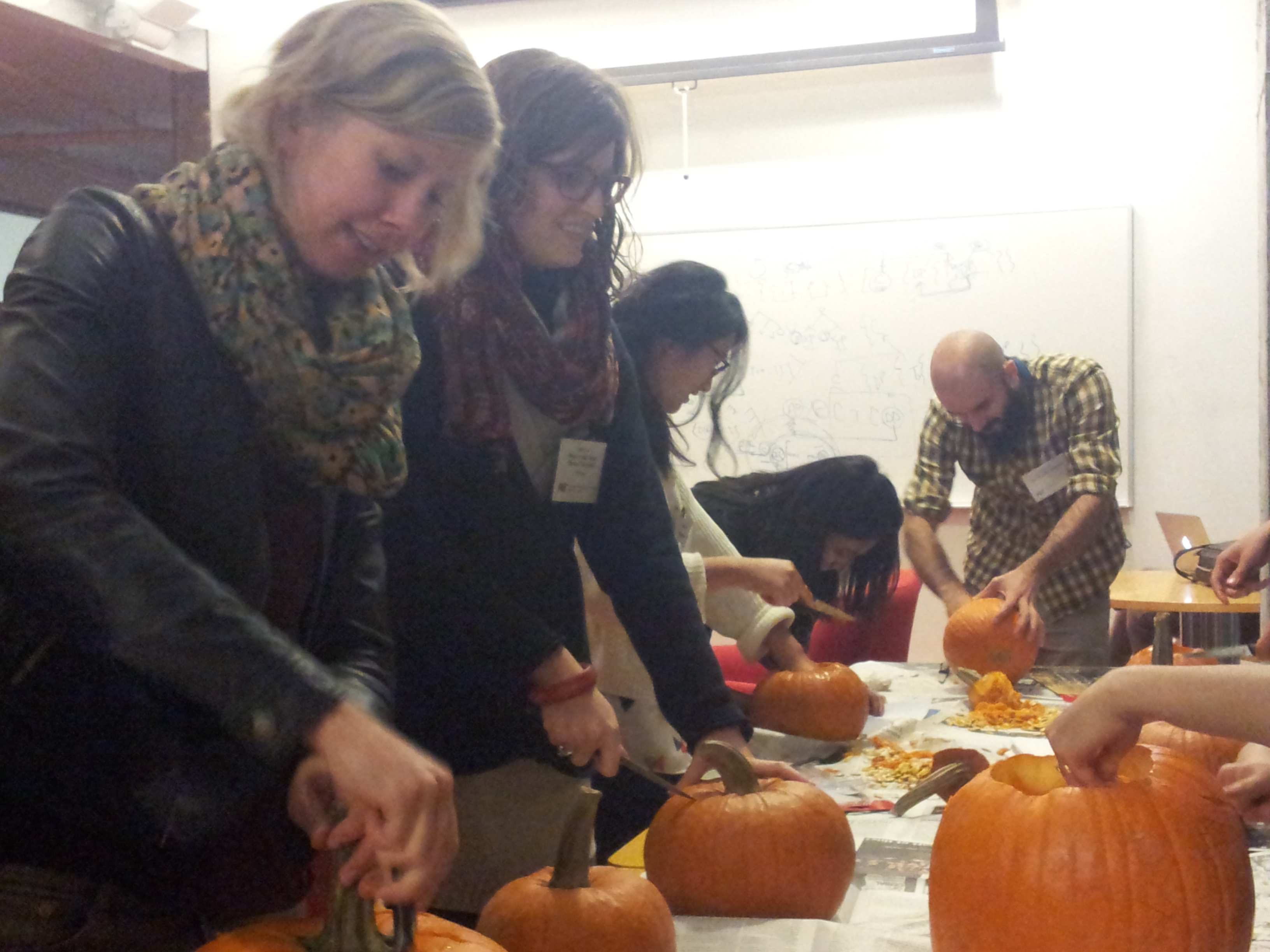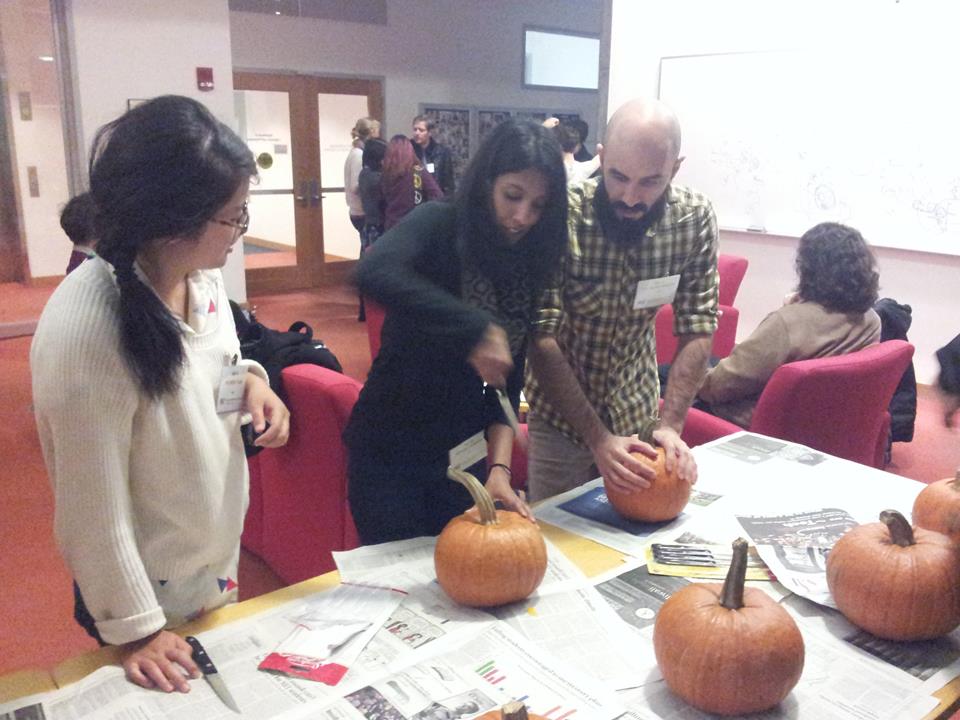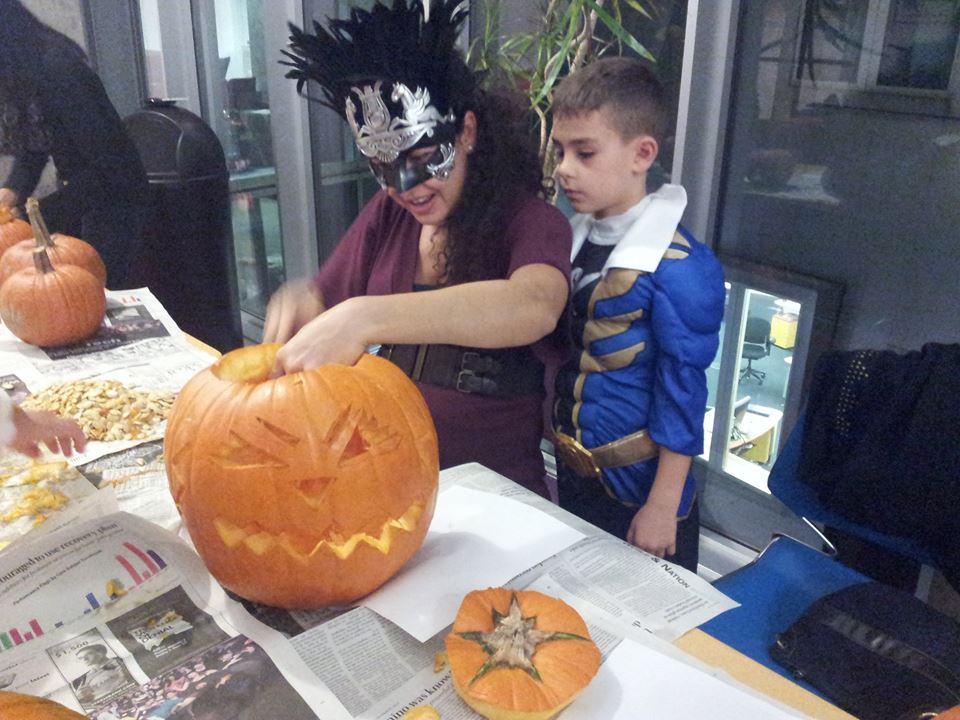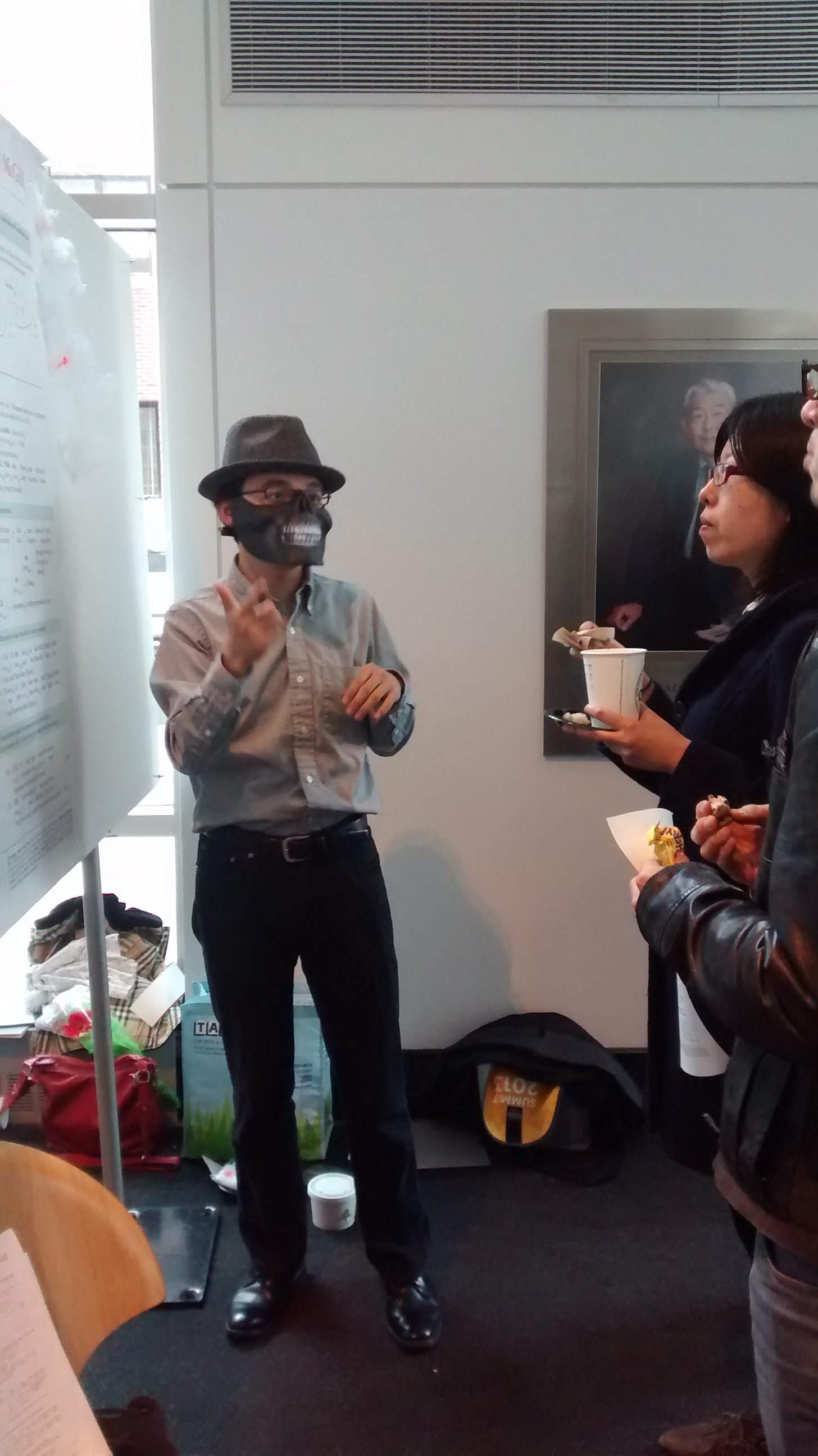Speaker: Loes Koring (Utrecht) Title: The semantics and acquisition of non-embedding reportatives Time: Thursday, November 6, 5:30-7 Place: 32-D461
Two seemingly similar Dutch evidential raising verbs, schijnen and lijken, have been shown to differ in their distribution (Haegeman 2006). Although they can both be translated to ‘seem’ in English, they do differ in meaning (van Bruggen 1980, Vliegen 2011). Schijnen means that the speaker has indirect reported evidence for the proposition (Vliegen 2011, cf. De Haan 1999); whereas lijken means that the speaker has some type of direct evidence for the proposition, but the evidence is unclear (van Bruggen 1980). Interestingly, whereas lijken can be embedded under modals, negation, and questions for instance, schijnen cannot. One goal of this talk is to identify a semantic property that is responsible for the restrictions in distribution reportative schijnen shows. The claim is that schijnen is restricted in evaluation to the here and now of the speaker (i.e. it is subjective) and as such it cannot occur in nonveridical contexts (cf. Giannakidou 2011). Crucially, the difference in semantics between schijnen and lijken does not only affect their distribution, but also their acquisition and processing. As a secondary goal of this talk, we will look at the effect of the extra semantic computation in acquisition and processing.





